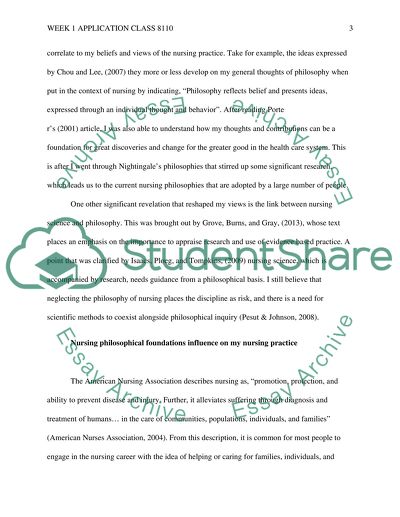Cite this document
(“Application week 1 class 8110 Essay Example | Topics and Well Written Essays - 1500 words”, n.d.)
Application week 1 class 8110 Essay Example | Topics and Well Written Essays - 1500 words. Retrieved from https://studentshare.org/nursing/1485207-application-week
Application week 1 class 8110 Essay Example | Topics and Well Written Essays - 1500 words. Retrieved from https://studentshare.org/nursing/1485207-application-week
(Application Week 1 Class 8110 Essay Example | Topics and Well Written Essays - 1500 Words)
Application Week 1 Class 8110 Essay Example | Topics and Well Written Essays - 1500 Words. https://studentshare.org/nursing/1485207-application-week.
Application Week 1 Class 8110 Essay Example | Topics and Well Written Essays - 1500 Words. https://studentshare.org/nursing/1485207-application-week.
“Application Week 1 Class 8110 Essay Example | Topics and Well Written Essays - 1500 Words”, n.d. https://studentshare.org/nursing/1485207-application-week.


